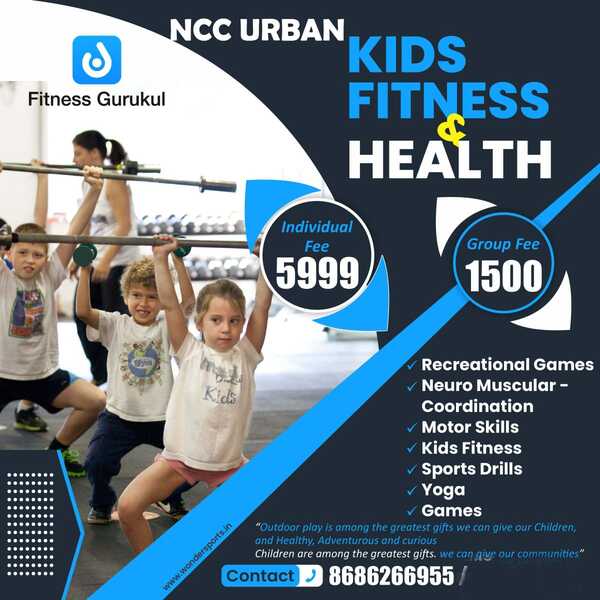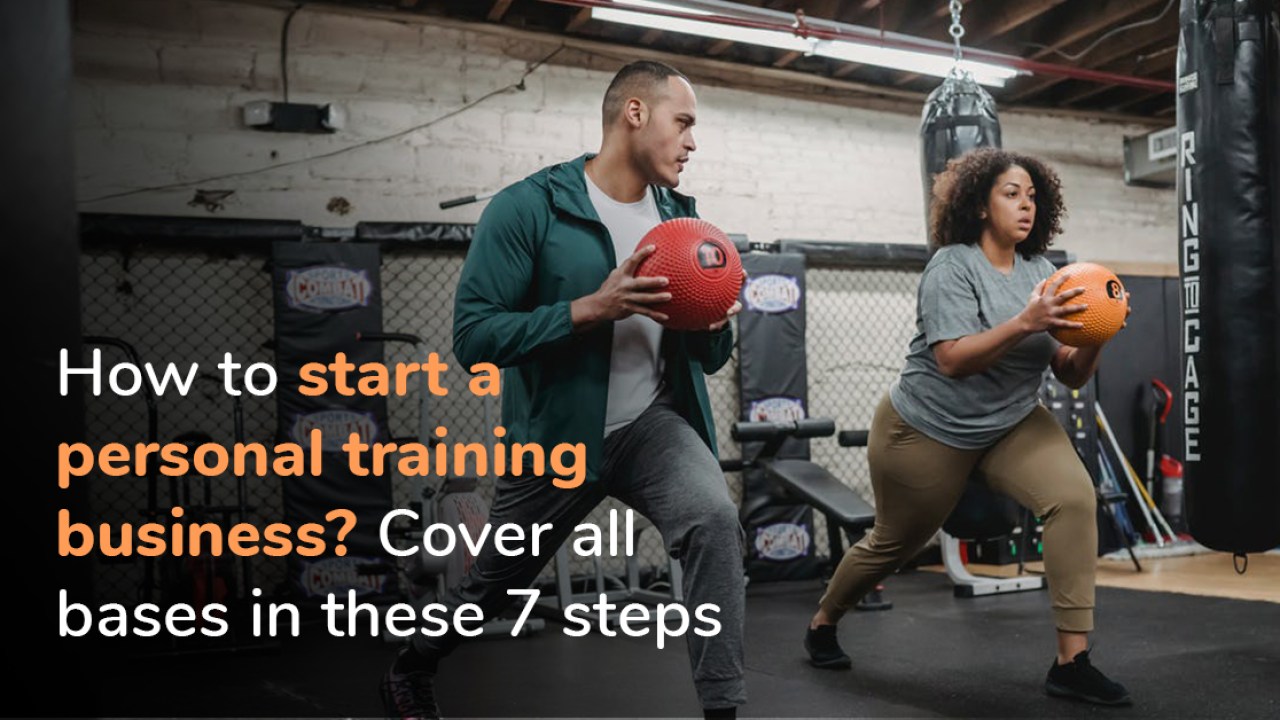
Despite its advantages, running in flat shoes can be uncomfortable for new runners. Before changing to flat shoes, it's a good idea to speak with your doctor. Flats are a great choice to speed work and race day. Although flats can be uncomfortable, they are light and a great option for speedwork.
Benefits of running in flat footwear
You can start running in flat shoes if you're new to the sport. Start by sprinting and jogging for a few minutes. Your mileage will gradually increase day by day. After some training, you might be comfortable running in flat shoes again if your previous shoes are worn. It is best to avoid wearing flat shoes over long distances. This can cause injuries.

Choosing the right flat for your distance will depend on several factors, including the distance and the type of running you do. A lighter shoe will be more comfortable for shorter distances. You should consider shoes that weigh seven to ten pounds if your goal is to run a half marathon. This way, you can adjust the shoe's weight as your running technique changes.
Running in flat shoes has its down side
Flat shoes may be more comfortable than heels but they are less supportive than traditional running shoes. Because of this, they must be properly fitted to the foot. They can be slow to adapt to. It is best to start by walking shorter distances and gradually increase your distance.
Flat feet can also lead to over-pronation, which can cause pain and tension in the ankles, knees, and lower legs. This can cause problems in posture and alignment. This can put extra strain on the ankles and cause tendon injuries. This can make it even more challenging if the surface is rough.

Alternatives to running flat?
There are many options available if you have difficulty running in flat shoes. First, flat feet are more susceptible to bunions and calluses. These occur at the base or big toe. To avoid complications, it is important to know how to properly run and what shoes and orthotics you should use.
FAQ
Can I eat when I'm working out?
Yes. Yes. Low-calorie snacks like watermelon and carrots, celery apples, bananas, grapes, celery, celery, celery, celery, celery, apple, bananas, and carrots are best. These foods are rich in nutrients that will help you work out better.
What Does Exercise Do for Your Body?
Exercising helps you lose weight, build muscle mass, increase energy levels, reduce stress, and improve sleep quality. Exercise can improve mood, self-esteem and productivity as well as reduce the risk of developing heart disease.
What is Cardio Exercises?
Cardiovascular exercises are those that require your heart and lungs to work harder than normal. Jogging, swimming and rowing are just a few examples. These activities burn fat and raise your metabolism. They can also help you stay fit by strengthening your heart and lungs.
Statistics
- One study showed that adults who watch more than 4 hours of television daily had an 80% higher risk of death from cardiovascular disease. (heart.org)
- According to the Centers for Disease Control and Prevention, chronic diseases cause 7 out of 10 deaths in the U.S., and treating chronic diseases accounts for 86% of U.S. healthcare costs. (mana.md)
- An estimated 110,000 deaths per year could be prevented (cdc.gov)
- In 2018, the World Health Assembly agreed on a global target to reduce physical inactivity by 15% by 2030 and align with the Sustainable Development Goals. (who.int)
External Links
How To
How to Stay Fit While Pregnant
When you're pregnant, your body undergoes many changes. Your metabolism slows down and your body eats less as you have a baby. You might even start to feel sick if you don't get enough sleep. But there are ways you can keep yourself healthy while still enjoying this exciting time in your life!
First, consult your doctor before you begin any exercise program. They can tell you what exercises you should avoid and which ones are safe for you to do. A second thing to do is eat well during pregnancy. This includes eating lots of iron, fiber, protein, and fiber. Third, it is important to drink plenty. It's especially important to drink water when you're exercising since you lose a lot of fluid through sweat. Finally, take care of your feet. Wear shoes that are supportive and dry. Morning sickness can be caused by eating small amounts of bread or crackers before you get out of bed. It could lead to nausea.
-
Healthy eating is key. A healthy diet is important throughout your entire pregnancy.
-
Stay Active. Exercise at least 30 minutes daily.
-
Keep a healthy weight Eating smaller meals and snacks can help you lose weight.
-
Get enough rest. Sleep should be at least 7 hours each night.
-
Manage Stress. Learn relaxation techniques.
-
Avoid Alcohol. It can cause miscarriage or birth defects.
-
Be Gentle with Yourself. Do not push yourself too much.
-
Take Care of Yourself. It is important to have someone keep an eye on you whenever you feel the need.
-
Relax. Do things that make you happy.